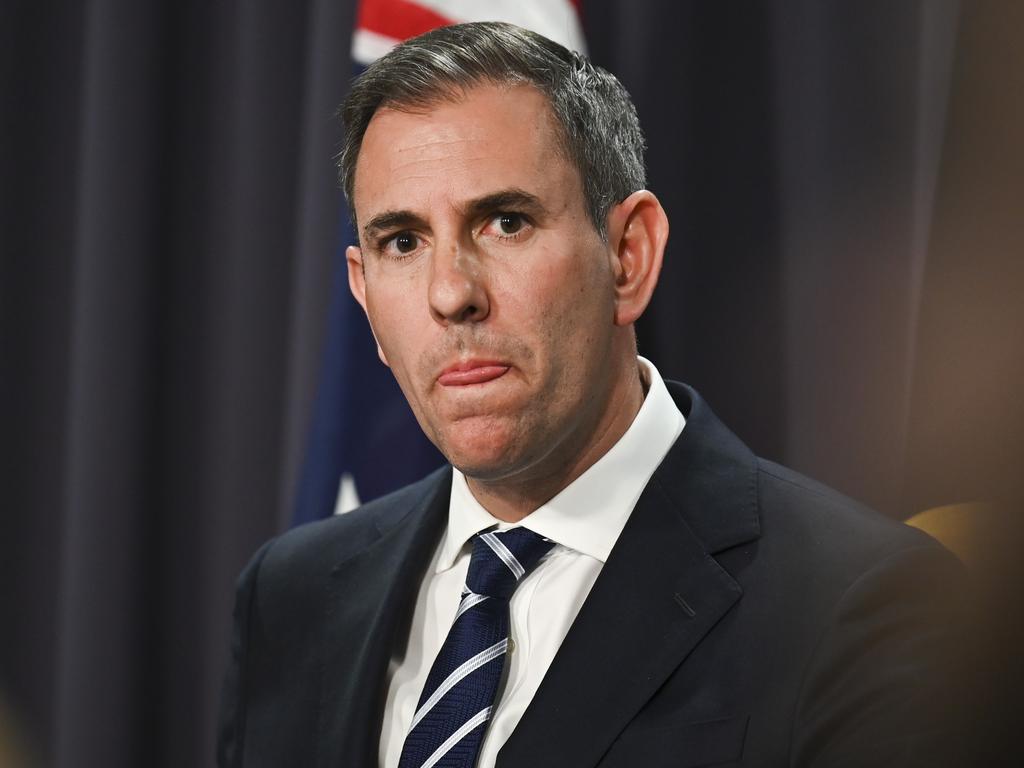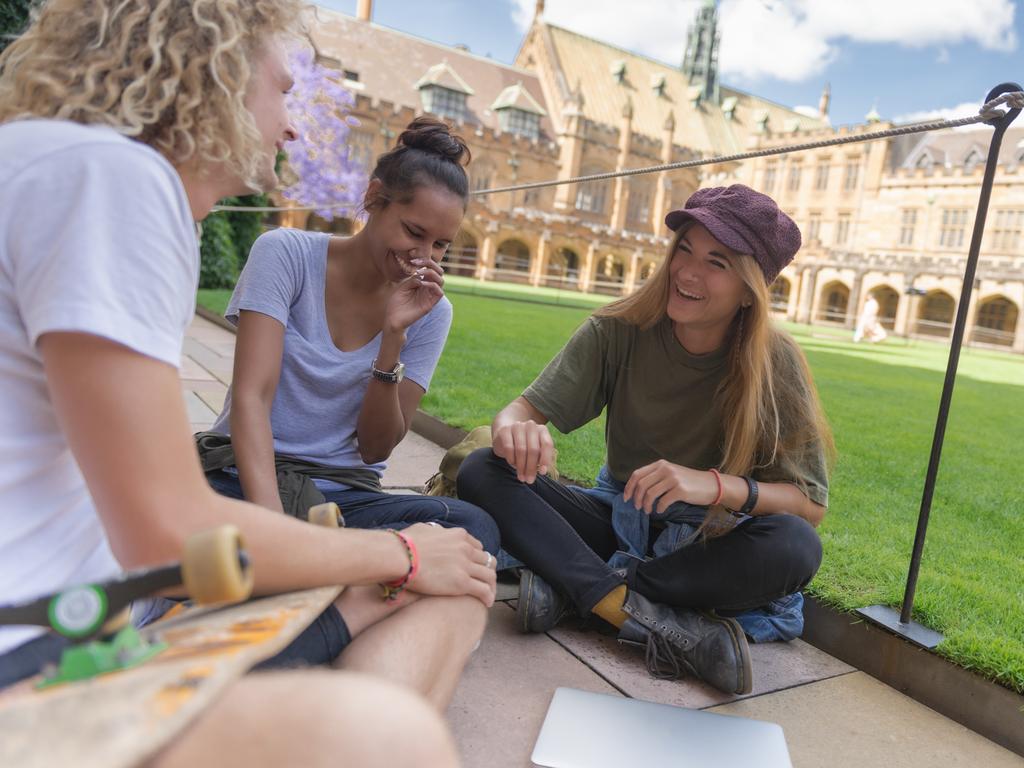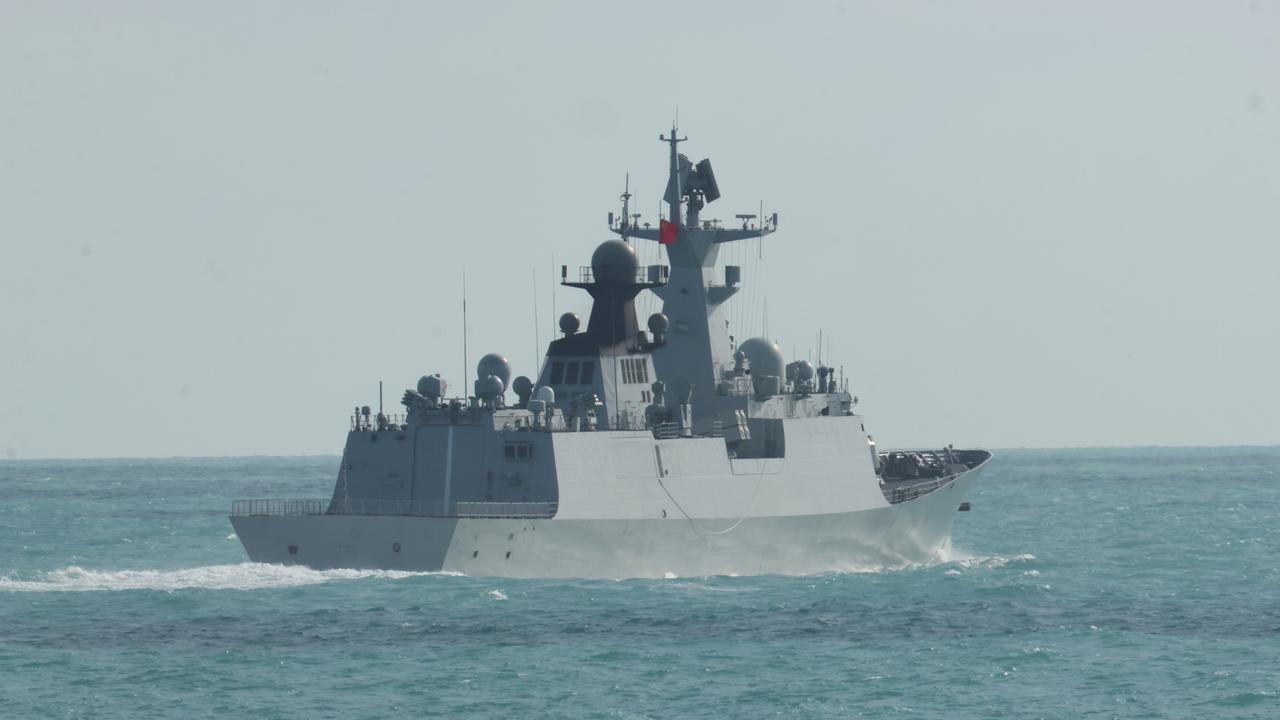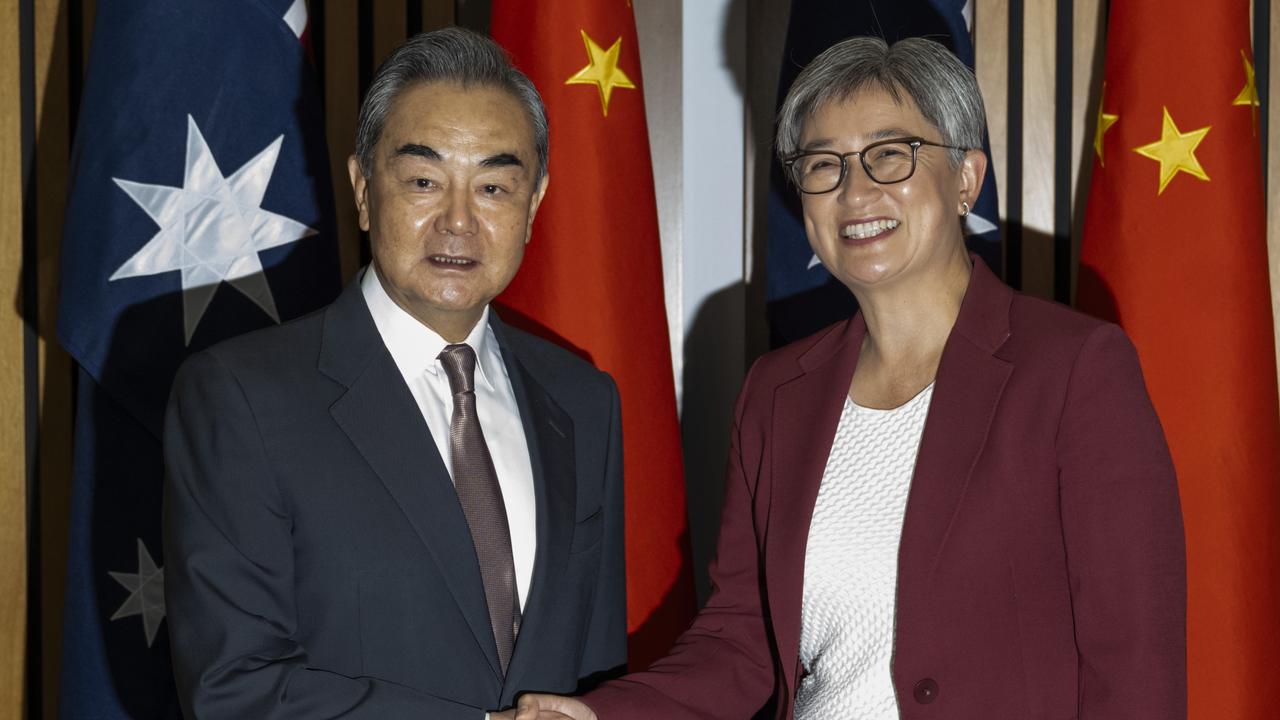International students not ‘key to our future’: Ai Group
The Australian Industry Group has broken with the Business Council of Australia over Jason Clare’s international student caps.
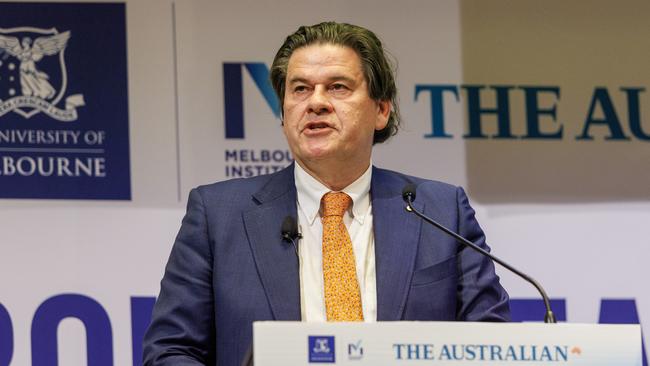
The Australian Industry Group has broken with other peak business groups and backed Labor’s caps on international students, calling for universities to focus on educating Australians to achieve “the main game” of lifting economic participation and productivity.
While the Business Council of Australia has described the government’s policy of capping the annual number of incoming international students at 270,000 as economic “self-harm” and Universities Australia warned the move would cost 14,000 jobs, Ai Group chief executive Innes Willox rebuffed the idea that international students were “key to our future”.
“Yes, international students contribute to economic growth, but it’s finite, it has to be,” Mr Willox writes in The Australian.
“Imagine instead the exponential growth that might be possible if our tertiary education system was focused and empowered to work together to provide the high quality higher and vocational education we need to drive our economy forward? That’s something worth arguing for.”
Mr Willox said rather than “getting lost in argument about one sector of our economy”, the focus needed to be on how the country addressed its biggest challenges now and into the future. “Key to that challenge is developing the skills that are crucial in a decarbonised and digitalised economy that will build productivity, competitiveness and investment,” he said.
“We embark on this challenge with our economy lying 92nd out of 133 countries surveyed for Harvard’s most recent index of economic complexity, just behind Uganda and having fallen 38 places since 1995.
“Rejuvenating our skills base to help fix this problem needs to be our focus, not squabbling over foreign student quotas.
“Let’s take a breath and consider the bigger picture before we claim international students are the key to our future.”
The comments come as former Immigration Department deputy secretary Abul Rizvi lashed the international student cap, which he said would blow out the number of people left in “immigration limbo” and prompt an uptick in asylum-seeker applications as a result.
“As visas of … temporary graduates begin to expire, they will increasingly apply for asylum as they can no longer go back to a student visa,” Mr Rizvi said.
Education Minister Jason Clare on Sunday defended the caps, which he said were “based on what we think is necessary to return us to that pre-pandemic migration level”.
“It was kneecapped by the pandemic, basically cut in half, and it’s come back like topsy since then,” he told Sky News.
“And you’ve had the crooks and the shonks that feed off the sector come back as well. In order to protect the integrity of this system, but also to protect community support for it, we’ve made the point that we need to set levels or caps on the number of international students.”
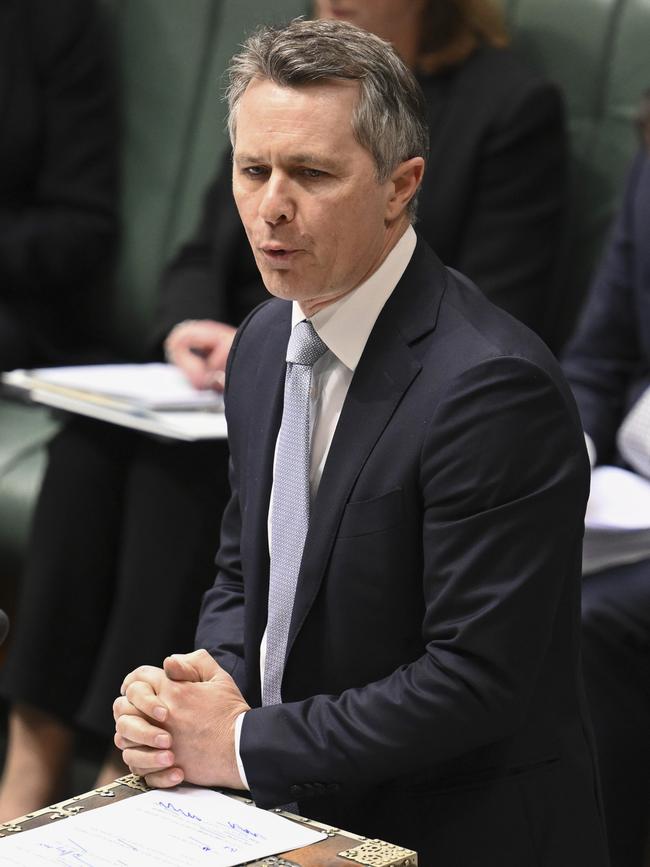
Despite the Coalition’s heavy criticism of Labor’s management of the migration system and desire to create a big Australia “by stealth”, the opposition has raised concerns with the caps.
Opposition education spokeswoman Sarah Henderson said Mr Clare had “made an absolute mess of international student caps”.
“While the Coalition supports the capping of foreign students which is necessary to fix Labor’s immigration chaos, Jason Clare’s scheme is riddled with incompetence, uncertainty and unfairness,” she said.
“Many newly registered private colleges, approved by the regulator to offer tertiary degrees to foreign students, have been given a student cap of zero … Labor is actively discriminating against private providers which play a vital role educating foreign students.”
Senator Henderson urged for the caps to be “transparent and equitable” and designed to reduce the massive surge in foreign students at large metropolitan universities, which was putting pressure on the housing market.
Mr Clare said the opposition needed to back Labor’s caps because “if you support caps and if you support migration going back to pre-pandemic levels, then this is the mechanism to do it”.
Imperial Engineering Education, a fully registered South Australian college, said the cap would take its international student intake from 275 to 10 a year and the policy had “caused significant setbacks and disappointment” after the investment of “substantial resources into developing our infrastructure, hiring qualified staff, and conducting market research to establish ourselves as a reputable institution”.
The Australian Agribusiness Institute also slammed “the arbitrary capping of student numbers based on 2023 data, resulting in an allocation of only 50 students for 2025”.
Mr Clare said he made “no apology” on returning migration to pre-pandemic levels.
The concern over student caps comes as Labor faces pressure to stamp out anti-Semitism on campus, Senator Henderson demanding a judicial inquiry into the matter after the expulsion of a student from the Australian National University calling for the unconditional support of Hamas was revoked.



